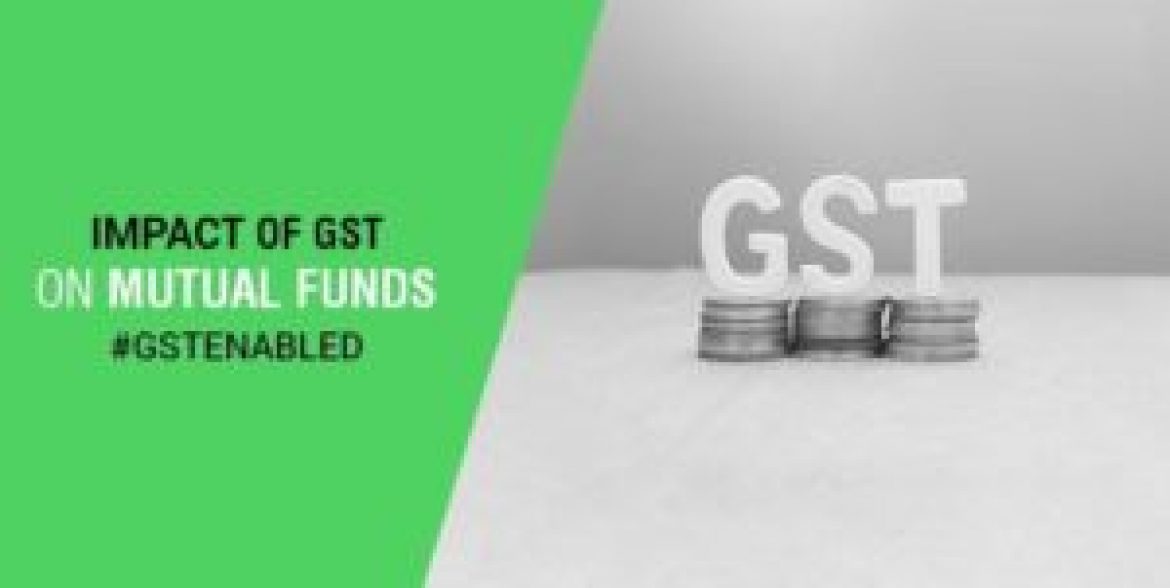

Goods and Services Tax or GST which has already been nomenclature as India’s biggest tax is going to be a reality from 1st July 2017. In such winds of change, mutual fund investors are extremely worried about the impact of this new tax regime on their investments. In today’s article, we will focus on areas in which GST will have an impact on the Mutual fund investments of investors.
Anxious investors have been flocking their advisors with thoughts of reshuffling their investment portfolio which has been thoroughly opposed by the latter. Since upgradations and deteriorations in the policies are going to remain constant, so reshuffling the portfolio makes no sense for every time.
GST, an indirect tax is set to replace all other state and central level indirect taxes as the absolute alpha. This new tax structure is aimed at creating a solitary goods and services market as well as doing away with tax barriers in between states. However, GST is in a loop for quite some time had provided the market with a buffer time to factor the changes.
Financial Hospital believes that big movements in returns or stock prices are not expected out of this brand-new tax regime.
With the implementation of the unified indirect taxation system, sectors like real estate, construction, and consumer goods will experience better working conditions in the form of lessened compliance which will pave the path of their growth.
A rate hike in service tax from 15 to 18% is going to make mutual funds a bit expensive and a higher expense ratio will cause lower returns. However, the effect is expected to be marginal. The standard tax rate of 18% on financial service sector post GST implementation means a 3% increase in the tax liability of distributors. However, the smaller distributors whose earning is within the 20 lakh INR bracket will be exempt from paying tax. Presently distributors within the income bracket of 10 lakh INR are exempted from the purview of service tax. So this new reform will come as a relief to small-scale distributors.
Some other changes which are expected to be ushered in are as follows
Securities transaction is likely to become a tad expensive
Presently, securities transaction is kept out of Service Tax and Value Added Tax (VAT) purview but the implementation of GST is going to bring a paradigm change to this scenario by leading the delivery of securities to the tax umbrella.
Mutual Fund’s compliance procedures are going to become to more stringent
The new indirect taxation model considers the Asset Management Company and its subsections to be separate entities. Whereas the Asset Management Company is located centrally, it has branches situated all over. The distinct entity concept would lead to considering the transaction between branches and head office as a supply of services.
Soliciting advice from mutual fund experts are also going to become heavier on the pocket
Services of a financial guardian or a financial planner are all set to become dearer. As a possible safeguard if investors choose arbitrary recommendations of mutual fund distributors working as a commission agent of mutual fund houses, then the former category of financial planners will suffer a massive business loss in the form of shifting client base.
Related Posts
Stay up-to-date with the latest information.


